In the summer of 2023 American Ancestors/New England Historic Genealogical Society announced the collaborative 10 Million Names project, an undertaking to recover the names of people of African descent who were enslaved in the area of the United States. This monumental task of centralizing datasets about African Americans is likely to take years to accomplish; in the interim, this webinar provides a useful survey of the many existing databases that serve a similar purpose though limited in scope.
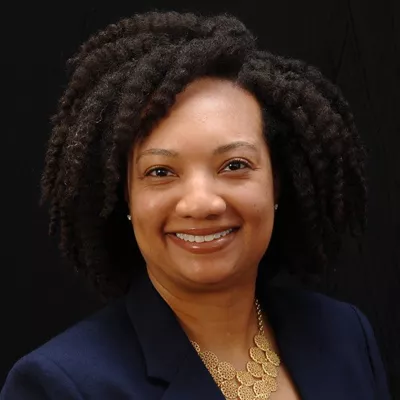
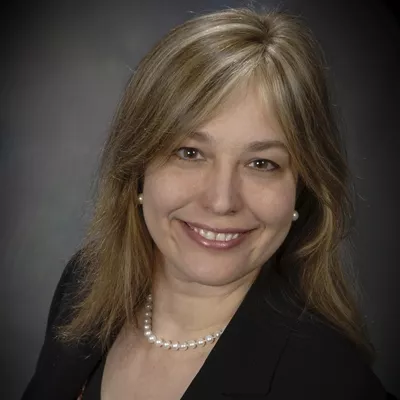


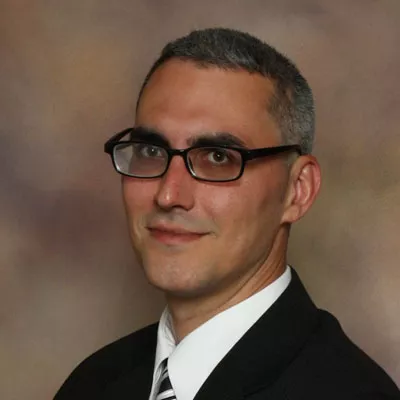
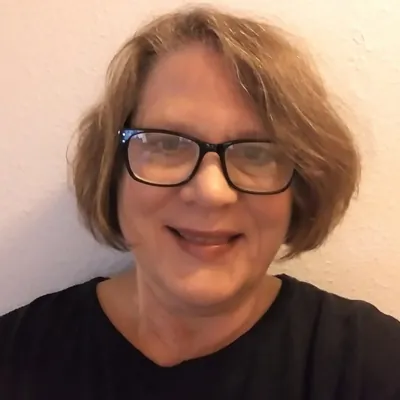
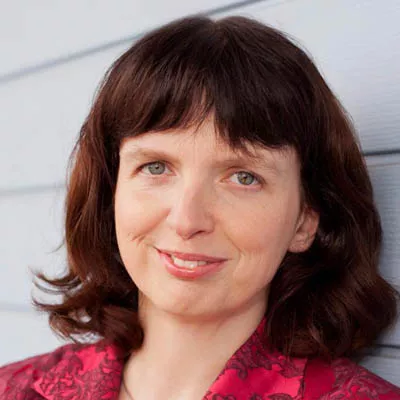


You should receive a confirmation email with a link to the webinar soon.
You’ll also receive a reminder both the day before and one hour before the webinar begins.
Didn’t receive a confirmation email?
You successfully registered for %s.
You should receive a confirmation email with a link to the webinar soon.
You’ll also receive a reminder both the day before and one hour before the webinar begins.
Didn’t receive a confirmation email?
To ensure a smooth, high-quality webinar experience, check the quality of your internet connection and make sure you have an updated version of Java.
On the day of the webinar, connect 30–40 minutes before and turn off any background software. If you can’t tune in live, you can view the recording later in the Webinar Library.
Questions? Contact us or read our FAQ.
It looks like you’re already registered for this webinar
You can register for another webinar.
Didn’t receive a confirmation email?
It looks like you’re already registered for these webinars
You can register for another webinar.
Didn’t receive a confirmation email?
Something happened on our end, sorry about that
We were unable to complete your registration.
Please try again later.



